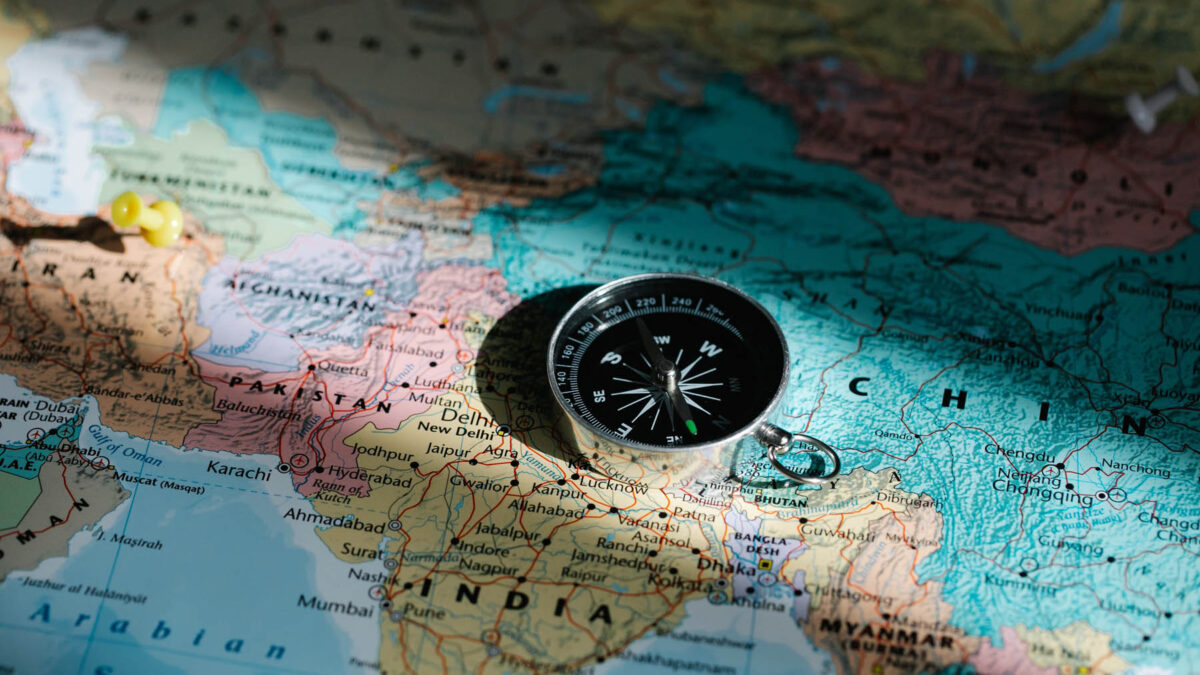Note: “Same-sex” couples is society’s phrase for two people who were assigned the same gender at birth and have not changed their government-recognized gender. This term enforces a false binary of gender and does not reflect the full spectrum of LGBTQ+ identities, but in this article we will use the term as deployed by the governing bodies discussed here, as well as press coverage of marriage equality news.
The decades-long fight for marriage equality in India still marches on. In a landmark case, the Indian Supreme Court is set to meet April 18, when they will decide on the issue of legally recognizing same-sex marriage. On March 13 of this year, the court held a constitutional review and countered 15 petitions demanding a review of Indian marriage laws, which currently do not offer legal protections or respect for same-sex unions.
While marriage equality is not an expected outcome from this action, there is still hope that this may be a turning point. In the wake of the decriminalization of “all consensual sex among adults, including homosexual sex” in 2018 with Navtej Singh Johar v. Union of India, LGBTQ+ activism in India has reached an all-time high, with the restrictions of the pandemic serving as a catalyst for many couples demanding the need for legal protection in order to care for–and, in some cases, even see–their partners.
In 2021, Indian Prime Minister Narendra Modi told the Delhi High Court that, despite the Johar decision, petitioners could not claim a fundamental right to same-sex marriage. Modi’s argument was repeated in the Supreme Court’s March review, during which the court argued that “interference” in the personal laws of the country would cause “complete havoc.” The court also cited a variety of laws governing divorce, alimony, dowry, separation and conjugal rights, all of which would have to be changed should same-sex marriage be ratified into law.
Indeed, those laws would change. But that is precisely the point of this push for updated legislation. If same-sex marriage is legally recognized, it will have widespread repercussions for other Indian laws, allowing, finally, for LGBTQ+ couples to have access to the rights, privileges and benefits that constitute equality under the law.
The global LGBTQ+ community is no stranger to bureaucratic foot-dragging, governmental bodies crying inconvenience in the face of queer people being stripped of our rights to love, marry and merely exist. Resilience, legal acumen and a staunchly rooted belief in the cause, exhausting and taxing as these are, remain the best line of defense in the fight for marriage equality. The eyes of the world will be on India in the coming weeks as the Supreme Court makes its decision.
“It is high time that India recognizes and acknowledges the queer culture and heritage of India and ensures that the LGBTQ+ community is given the legal rights and protection they deserve,” Ankit Bhuptani, LGBTQ+ rights activist and co-organizer of Queer Azaadi Mumbai Pride March, tells Gay City News. “It is essential for the government to recognize and acknowledge this aspect of Indian culture, especially as they continue to push for progress and development in the country.”
Stay up to date on marriage equality news by joining our mailing list.
Featured image by Lara Jameson
































